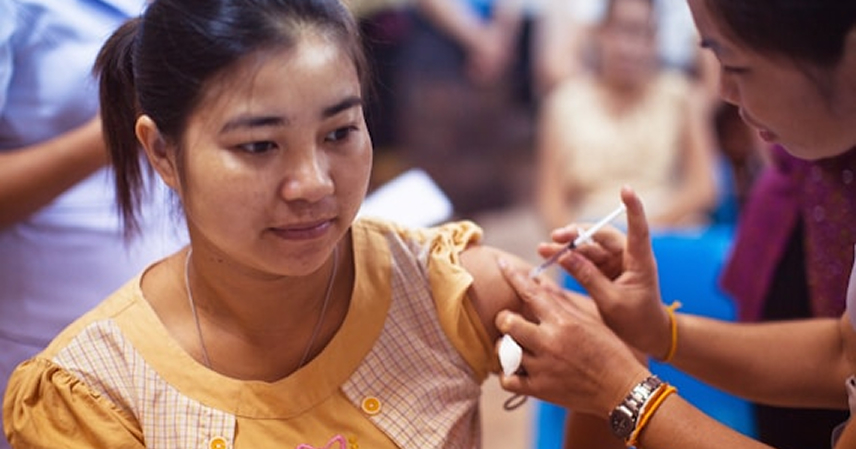A groundbreaking study published in the Journal of Human Development and Capabilities reveals a disturbing correlation between early smartphone ownership and mental health challenges in young adults. The research, conducted by experts at Sapien Labs using data from the Global Mind Project, highlights the potential risks associated with providing children with smartphones at a young age, particularly concerning the impact of early social media access.
This isn’t just about screen time; the study delves into the complex interplay between technology, social development, and mental wellbeing, offering crucial insights for parents, educators, and policymakers alike. Let’s explore the key findings and their implications for the future.
What Happened? 📝
The study analyzed data from a vast pool of individuals, focusing on those aged 18-24. The key finding? Young adults who received their first smartphone at age 12 or younger showed a significantly higher likelihood of experiencing mental health issues. These issues included suicidal thoughts, aggression, detachment from reality, poor emotional regulation, and low self-worth.
This isn’t simply a correlation; the researchers identified several mediating factors. Early access to social media, increased risk of cyberbullying, disrupted sleep patterns, and strained family relationships all contributed significantly to the observed negative outcomes.
The Role of Social Media and Cyberbullying 📱
The study emphasizes the profound influence of social media on the mental wellbeing of young people. The researchers found that early social media access accounted for approximately 40% of the link between early smartphone ownership and subsequent mental health problems. This highlights the potential dangers of AI-driven algorithms that can amplify harmful content and encourage unhealthy social comparisons.
Furthermore, the increased risk of cyberbullying among young smartphone users is a significant concern. Cyberbullying can have devastating effects on self-esteem and mental health, and the anonymity afforded by online platforms can exacerbate the problem.
Sleep Disruption and Family Dynamics 😴👨👩👧👦
The study also points to the detrimental effects of disrupted sleep on mental health. Excessive smartphone use can lead to irregular sleep patterns, impacting cognitive function, emotional regulation, and overall wellbeing. This is particularly concerning for adolescents whose brains are still developing.
Beyond the individual level, the research highlighted the impact on family relationships. Increased screen time can lead to decreased face-to-face interaction and communication within families, potentially weakening bonds and contributing to feelings of isolation.
Global Implications and Policy Recommendations 🌍
The study’s findings were consistent across various regions, cultures, and languages, underscoring the global nature of this problem. The researchers found that younger ownership is associated with diminished self-image, self-worth and confidence, and emotional resilience among females, and lower stability and calmness, self-worth and empathy among males.
Given the scale of the potential harm, the authors urge policymakers to adopt a precautionary approach, similar to regulations on alcohol and tobacco. They recommend mandatory digital literacy education, stronger enforcement of social media age restrictions, restricting access to social media platforms for younger users, and implementing graduated access restrictions for smartphones.
Key Takeaways 🔑
- Early smartphone ownership (before age 13) is strongly linked to increased risk of mental health issues in young adults.
- Social media access, cyberbullying, sleep disruption, and poor family relationships are key mediating factors.
- The negative effects are consistent across different regions and cultures.
- Policymakers should consider implementing regulations to restrict smartphone access for younger children and promote digital literacy.
While more research is needed to fully understand the causal mechanisms, the evidence presented in this study is compelling. The potential consequences of inaction, which contribute to broader social issues like the trend of why Americans are reading less, are too significant to ignore. A proactive approach is crucial to protect the mental wellbeing of future generations.
Source: Experts warn: Smartphones before 13 could harm mental health for life



